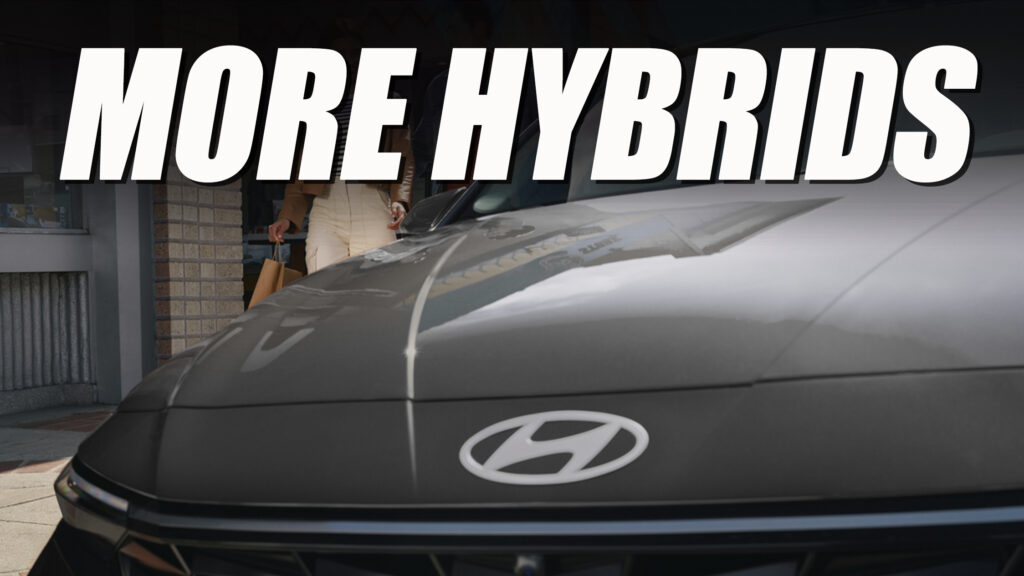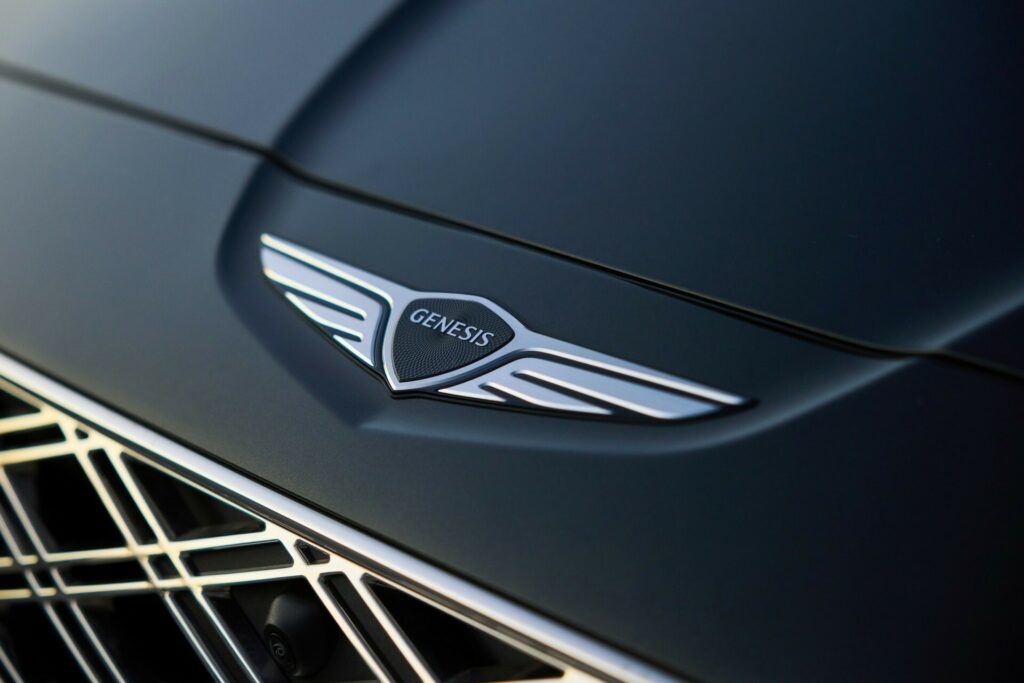Hyundai Announces Expansion of Hybrid Lineup and Introduction of EREVs

Hyundai’s New Strategy
- During the 2024 CEO Investor Day, Hyundai announced its new strategy.
- The automaker will expand its hybrid lineup from 7 to 14 models.
- Hyundai will introduce EREVs as a way of dealing with the slowdown in EV demand.
Hyundai detailed its future strategy at the 2024 CEO Investor Day, including doubling its hybrid lineup and introducing EREVs, as a way to deal with the global slowdown in EV demand. Still, the company didn’t update its EV sales targets, and remains committed to more EV launches over the next few years.
Hyundai’s Sales Targets
According to the “Hyundai Way” plan, the automaker wants to grow its overall sales from 4.21 million units in 2023 to as much as 5.55 million units by 2030. This number includes a targeted 2 million EV sales, helped by the launch of 21 fully electric models by the end of the decade, ranging from affordable offerings to luxury and high-performance models.
EREVs as a Response to EV Demand Slowdown
Despite not following the example of rival automakers that backed down from their earlier EV sales targets, Hyundai recognizes the recent slowdown in EV demand. As a response to this trend, they will roll out EREV models. The range-extender (EREV) powertrain includes a battery pack, electric drive motors, and a small combustion engine serving as a power generator. Hyundai says that its EREVs will offer more than 900 km (560 miles) of range, reducing their dependency on the charging network compared to EVs. At the same time, EREVs will be more affordable than EVs, as they will use batteries with a smaller capacity.
Expansion of Hybrid Lineup

EREV Rollout in North America
The EREV rollout in North America will start with midsize SUVs from Hyundai and Genesis. The automaker wants to sell over 80,000 EREVs in North America starting with midsize SUVs from Hyundai and Genesis, and another 30,000 EREVs in China focusing on the compact segment. Their mass production is scheduled to start in North America and China by the end of 2026, with sales expected to commence in 2027. Depending on the market conditions, Hyundai will consider a further expansion.
Hybrid Lineup Expansion in North America
Hyundai also announced it will double its hybrid lineup from 7 to 14 models, covering a wider spectrum of segments with the help of Genesis. As an answer to the anticipated growing demand for hybrids in North America, Hyundai will manufacture them at its Georgia plant, next to the fully electric Ioniq 5 and the upcoming Ioniq 9 SUV flagship.
Cheaper Batteries, Next-Gen Infotainment, and Autonomous Tech
In order to support the future EV rollout, Hyundai invests in different battery technologies. By 2030, it wants to use the performance-based NCM (nickel-cobalt-manganese) battery packs, low-cost LFP (lithium-iron-phosphate) batteries, and a new kind of affordable NCM batteries developed for volume models. Hyundai anticipates a 20 percent enhancement in battery performance by 2030 thanks to greater energy density. Hyundai is also working on a new Digital Cockpit and a next-gen infotainment system based on the Android Automotive Operating System. The latter will be applied to mass-produced vehicles starting from the first half of 2026. Lastly, Hyundai plans to launch a “foundry business that will sell autonomous vehicles to various global autonomous driving software technology companies” to reach Level 4 or higher autonomous driving capabilities and become a technology supplier.
Conclusion
During the Investor Day, Hyundai announced its new “Hyundai Way” strategy, which aims to secure sustainable leadership in an uncertain market environment and strategically position the company to create a future centered on mobility and energy. The Korean automaker also announced a new share buyback scheme of up to KRW 4 trillion ($3 billion) between 2025 and 2027.

